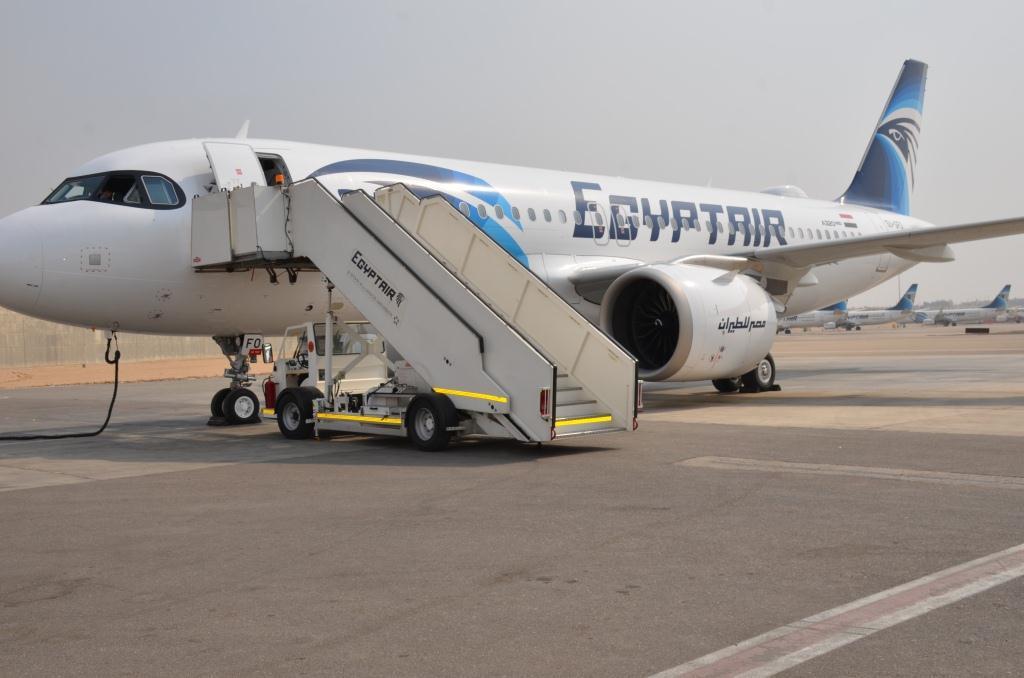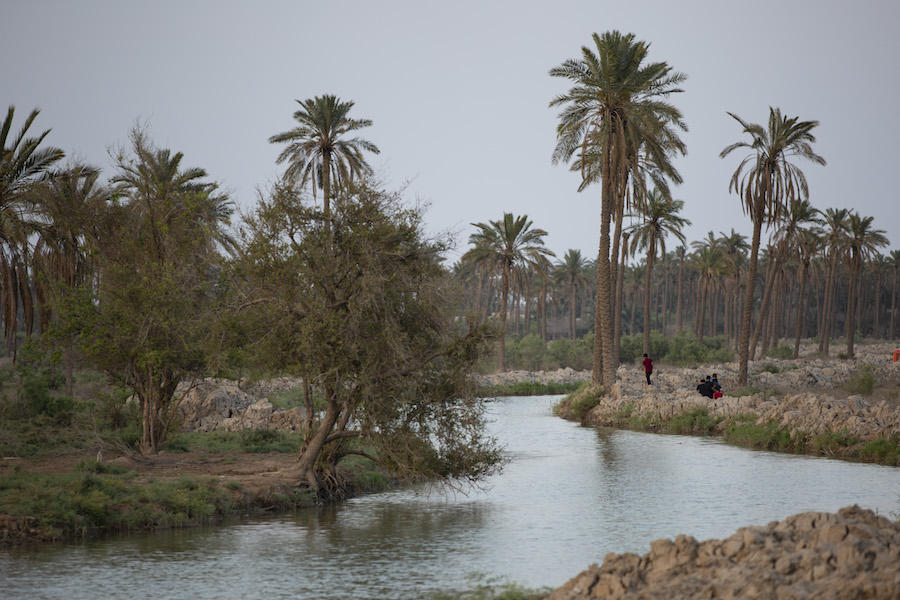Egypt resumes flights to 14 international destinations, including Paris, New York and Sharjah
CAIRO: Egypt has announced the resumption of 14 new international flights, not including domestic flights and air cargo flights, daily to the capitals of the world that had been suspended due to the coronavirus.
EgyptAir, the national carrier of Egypt, said in a statement that the flights will be to Amsterdam, Paris, Rome, Milan, London, Juba, Amman, New York, Sharjah and Tunisia in addition to two flights to Dubai and Abu Dhabi.
EgyptAir said that passengers will be told about the Covid-19 measures of each country they travel to in advance, and the safety and protective measures that must be taken while traveling on EgyptAir flights.
They will also be urged to reserve their tickets through the company website, where they will also be made aware of any changes in the operating schedule.
EgyptAir has drawn up a precautionary plan in cooperation with the authorities for the prevention of the coronavirus. The plan covers the stages of travel before, during and after the flight’s arrival. Some of the measures include installing filters in the air conditioners of all EgyptAir aircraft that can capture up to 99 percent of viruses, microbes and bacteria, and making sure all crew members wear face masks and gloves.
EgyptAir also plans on allocating spaces for people with chronic diseases and those who are unable to wear face masks for long periods, as well as allocating the last two rows in the plane to isolate passengers who may have symptoms.
Roshdy Zakaria, president of the Holding Company for EgyptAir, said in a statement: “We are pleased to receive our customers on a national and international level as we start operating our flights with all preventive measures to reduce the coronavirus. This starts from the passengers entering the airport all the way until they reach their destinations.”
Zakaria said that he hoped the coronavirus pandemic would end soon and for the return of flight traffic and operating schedules to their previous state as soon as possible. He added that he wanted people to enjoy the travel experience again, “as air travel remains the best way in the world in terms of safety and security.”
Amr Abu El-Enein, president of EgyptAir Airlines, highlighted to the company’s customers the importance of following the preventive instructions and travel advice to enjoy a safe trip.
Abu El-Enein stressed the importance of not reserving in person if possible, and instead going through the Egyptair.com website, the 1717 phone booking service or the mobile applications that the company provides in order to save time and effort and ensure the prevention of disease.
He also announced that the company was offering a 20 percent discount on many European destinations and to New York and Washington if tickets were purchased before Aug. 31.
Abu Al-Enein said that the gradual return of air traffic in Egypt, which started on July 1 and continues until now, is something that must be applauded, and will contribute to the return of normal life in Egypt. He said that the number of recent tourists showed that Egypt was safe in terms of security or health wise.

How technology is keeping elderly Egyptians safe during coronavirus crisisLibyan tribes to El-Sisi: ‘We need Egyptian support to expel Turkish colonizer’



